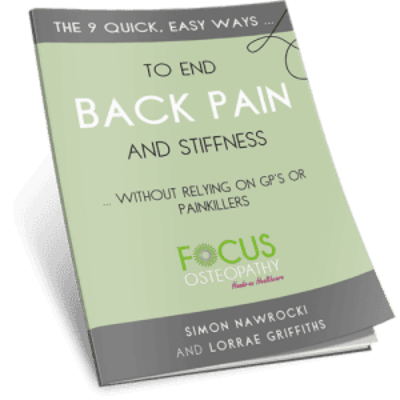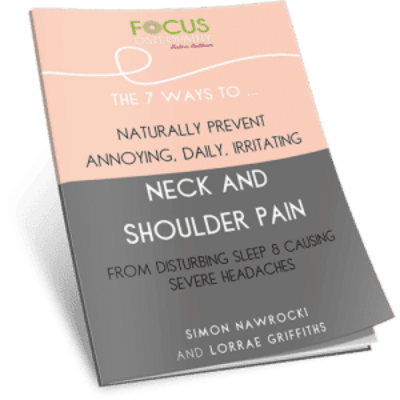An aching shoulder may not necessarily indicate a shoulder problem, and equally a sore neck may not always be a neck problem. The body can often report pain in a confusing, unreliable way. It is common that people with shoulder pain really have a neck problem and vice versa.
Why? Because the neck and shoulder are closely connected by nerves. When injury occurs, referred pain can develop as a result of the brain having difficulty determining the source of pain along the commonly shared nerves. Therefore, often what we feel may not be what is actually occurring.
Because the reported site of pain is often not the source, a thorough examination in combination with a detailed history is required to determine the true source of pain. This involves range of motion testing, provocative neck and shoulder tests, and strength tests.
Shoulder pain is most often caused by an injury to the rotator cuff, a group of tendons and muscles that stabilize the joint. The rotator cuff can be easily injured by falls, repetitive activities of the arm, sporting injuries etc. When the rotator cuff is injured we compensate by using different muscles to perform simple tasks like reaching or picking things up. This compensation may cause both shoulder and neck pain.
How do you know it’s your shoulder? You may have a shoulder problem if your pain:
- Develops in the shoulder itself (at the ball and socket joint)
- Is on the outside of your upper arm
- Is dull and aching at the above locations
- Occurs when you do movements involving the arm
- reaching overhead
- reaching behind your back
- when lifting
- putting your jacket on
- Radiates into the upper arm, but not past the elbow
- Aches at night in the shoulder joint
- Improves when you rest your arm
The neck is made up of eight pairs of joints and many nerves and muscles, which means inflammation of any of these structures can cause neck pain. Considering the neck is responsible for all head movements, including even the slightest nod when in a conversation, there is a good chance you will experience inflammation in the neck at some point!! Common ways to injure your neck include; sleeping awkwardly, turning your head suddenly and awkwardly, holding your neck in one position too long (ie at computer or on the phone), car accidents to name a few.
How do you know it’s your neck? You may have neck pain if your pain:
- Develops in or on the side of your neck, or develops in the shoulder blade
- Is sharp or stabbing in the neck
- Radiates down past your elbow or even into your hand
- Causes difficulty turning your head, or looking up or down
- Is relieved when you support your neck
It’s important to see a specialist to get a thorough physical examination of your neck and shoulder to help with diagnosis. Whether the problem lies in your neck or your shoulder, it is imperative that conservative measures are first adopted.
- Resting from activities that aggravate pain
- Osteopathic /physical therapy treatment
- Icing the shoulder
- Anti-inflammatory medications, as directed by your health professional
- Rehabilitation/strengthening exercises for the shoulder
If these measures fail to bring relief, you may need imaging (ie X-ray or MRI) of your shoulder to definitively diagnose if there is a more severe injury such as a tear.
- Osteopathic /physical therapy treatment
- Ice or heat
- Massage
- Resting from aggravating activities
- Anti-inflammatory medications, as directed by your health professional
- Postural exercises
Whether you have persistent pain in your shoulder, your neck or both, don’t wait to seek advice. Having an osteopath or other physical therapist evaluate your complaints will determine where the main problem is and will get you started on the correct course of treatment for you. The earlier the intervention, the quicker the resolution.




